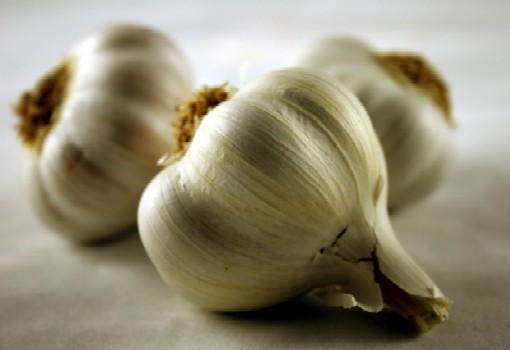We have billions of microorganisms living in our guts, and having the right organisms in our bodies can have a powerful effect on our overall health. Imbalanced gut flora is common due to antibiotics, disease, stress, or diets high in meat and saturated fats. The wrong population of bacteria in our guts can contribute to digestive distress, but they can also contribute to less obvious issues. An imbalance of gut bacteria can deactivate digestive enzymes, stimulate dysfunctional immune responses, activate carcinogens, and contribute to migraines. On the other hand, beneficial bacteria help optimize digestion, stimulate immune function, improve the intestinal barrier, and prevent colonization of the gut by pathogens. In addition, they can break down certain toxins and synthesize some of our vitamins like vitamin K. Beneficial bacteria may also help prevent colon cancer by lowering intestinal pH.
Probiotics are normal, healthy bacteria that inhabit the gastrointestinal tract. These are the organisms like the Lactobacillus and Bifidobacteria species you see in most probiotic supplements used to restore and repopulate normal intestinal flora. Some of my favorite probiotic supplements also include prebiotics. These are medium length carbohydrates that feed our good bacteria. The most common prebiotic in supplements is fructooligosaccharide, also know as FOS. Food sources of prebiotics like FOS include garlic, beans, carrots, onions, honey, beer, rye, asparagus, banana, maple sugar, oats, and my favorite Jerusalem artichoke. Eating high fiber foods is another way to support proper gut bacteria. So feed your good bacteria so they can in turn support your health.

Reblogged this on sondasmcschatter.